Let’s be real—history has a bit of a rep. For most people, it’s that boring subject in school full of dates, dead people, and names you can’t pronounce. You probably memorized a bunch of events for exams and forgot them 30 seconds later. But honestly?
History is wild.
It’s the ultimate drama series—filled with wars, revolutions, betrayals, inventions, epic glow-ups, and total disasters. It’s like the biggest Netflix series ever created, except it’s real, and you’re a part of the latest season.
So, grab your time-travel goggles (and maybe a cup of chai), because we’re diving into a super casual, kinda chaotic, but totally awesome journey through the history of the world.
Once Upon a Time… There Was Fire 🔥
Let’s start from the very, very beginning.
No kings, no cities, no internet. Just a bunch of hairy humans running around, trying not to get eaten by saber-toothed cats. The first major human win? Fire. Someone figured out how to rub two sticks together, and boom—instant barbecue.
Then came tools. Then language. And before you know it, humans went from “Ooga booga” to building empires.
Ancient Civilizations: The OG Influencers
Fast forward a few thousand years, and we got ourselves some proper civilizations:
- Mesopotamia: The first to write stuff down (shoutout to cuneiform!).
- Egypt: Pyramids, pharaohs, and the ultimate eyeliner game.
- India: The Indus Valley peeps had plumbing before anyone else.
- China: Invented paper, gunpowder, and noodles—bless them.
- Greece: Democracy, philosophy, and really buff statues.
- Rome: Basically took over the world, made roads, then fell apart dramatically.
These ancient humans weren’t just farming and fighting. They were inventing math, medicine, astronomy, and even the idea of government. And while they didn’t have Instagram, they definitely knew how to go viral—just ask Julius Caesar.
Kings, Queens, and Too Many Crowns 👑
If there’s one thing humans loved doing in history, it’s crowning themselves. Every other guy decided, “You know what? I’m gonna be king.” And bam, monarchies were born.
From Emperor Ashoka in India to Queen Cleopatra in Egypt, Genghis Khan in Mongolia to King Henry VIII in England (the one with too many wives)—ruling people became the ultimate flex.
But with crowns came chaos. Kingdoms rose and fell faster than reality TV stars. And honestly? Most rulers couldn’t keep their egos in check.
Spoiler alert: the people got tired of royal drama pretty quick.
Religion, Beliefs & Big Questions ✨🙏
Meanwhile, humans were also trying to figure out the big stuff: Who are we? Why are we here? What happens after we die?
Cue the birth of religions.
- Hinduism: One of the oldest, filled with stories, dharma, karma, and epic deities.
- Buddhism: Let go of desires, find peace—easy in theory, hard in practice.
- Christianity & Islam: Changed the entire course of history.
- Jainism, Sikhism, Judaism, Zoroastrianism: Deep roots, big impacts.
Religion shaped entire civilizations. It gave people comfort, purpose, and—let’s be honest—also caused a lot of wars. Humans have always had a talent for turning belief into battle. Still, faith remains one of the strongest forces in history.
Medieval Madness: Swords, Castles & Plagues ⚔️🏰
Ah yes, the Middle Ages—also called the “Dark Ages,” but not entirely dark.
- People built massive castles and wore metal armor that weighed more than a person.
- There were knights and samurais, vikings and crusaders.
- People fought over land, religion, and sometimes just because they were bored.
And then came the Black Death (aka the plague) in the 1300s, wiping out a third of Europe. Talk about a bad time. Imagine no internet and everyone’s sneezing to death. Brutal.
Renaissance to Revolution: Let’s Get Fancy 🎨📖⚡
After all that death and darkness, humans needed a glow-up. Enter the Renaissance—a period of art, ideas, and some really expensive ceiling paintings (Michelangelo, looking at you).
Suddenly, we had:
- Leonardo da Vinci drawing helicopters in the 1400s.
- Shakespeare writing plays that still slap.
- Galileo pointing at the sky like, “Uh, guys? The Earth’s not the center.”
This was followed by the Scientific Revolution (hello, gravity!) and the Enlightenment, where people decided kings might not be chosen by God and everyone should have rights. Revolutionary stuff, literally.
Which brings us to…
Revolutions: When People Got Real Tired 💥✊
At some point, regular folks looked at the royals and were like, “Yeah… no thanks.”
- The American Revolution (1776): Bye-bye British, hello freedom fries.
- The French Revolution (1789): Heads rolled. Literally.
- The Industrial Revolution: Machines took over, people moved to cities, and pollution said “hi.”
Revolutions became the ultimate way to reset society. People fought for liberty, equality, and a better future—sometimes with pitchforks, sometimes with pamphlets, but always with passion.
Colonization: When Europe Got Way Too Greedy 🏴☠️🌍
Now let’s talk about one of the not-so-great parts of history: colonization.
Europe (mainly Britain, France, Spain, and Portugal) looked at the world and said, “Mine now.” And they took… a lot.
- India was colonized by the British for almost 200 years.
- Africa got carved up like a pizza by European powers.
- Indigenous cultures across the world were wiped out or erased.
All in the name of profit, religion, or “civilizing” people. Colonization caused deep scars, and many countries are still dealing with the aftershocks today.
The World at War: Twice. 😔💣
The 20th century said, “Let’s level it up”—with two World Wars.
- World War I (1914–1918): Trench warfare, gas masks, and no real winner.
- World War II (1939–1945): Hitler, the Holocaust, atomic bombs. Utter devastation.
After the wars, the world was like, “Okay, no more of that.” So we made the United Nations, and kind of tried to play nice. But humans being humans, we still found new ways to fight—Cold War, Vietnam, Gulf War, etc.
War sadly remained a theme, but so did resistance, peace movements, and the hope that someday we’ll grow out of it.
Technology Takes Over 🤖📱🚀
If ancient history was about fire and farming, modern history is about speed and screens.
- The Internet changed everything.
- Smartphones became extensions of our hands.
- We went from riding horses to landing on the Moon.
- Now we’re talking about AI, robots, and even Mars colonization.
Humans have basically hacked their way into the future. But we’re also facing new challenges—climate change, digital addiction, misinformation, and mental health struggles. It’s a lot.
So… What Have We Learned?
If history teaches us anything, it’s this:
- We are capable of both destruction and beauty.
- We repeat mistakes (a lot), but we also learn.
- We’ve come a long way—from hunting mammoths to swiping on dating apps.
- And no matter what, we keep going.
History isn’t just old stuff in textbooks. It’s a mirror. It tells us who we were, so we can understand who we are—and hopefully decide who we want to be.
Final Thoughts: We’re Living in History Right Now ✨
Here’s the plot twist: you’re part of history too.
Every decision you make, every movement you join, every voice that speaks up—it all matters. Today’s memes are tomorrow’s museum pieces. (Okay, maybe not all memes.)
So don’t think of history as just kings and battles. Think of it as the world’s greatest story—and guess what? You’re in the cast.
Now go out there and make your chapter count.
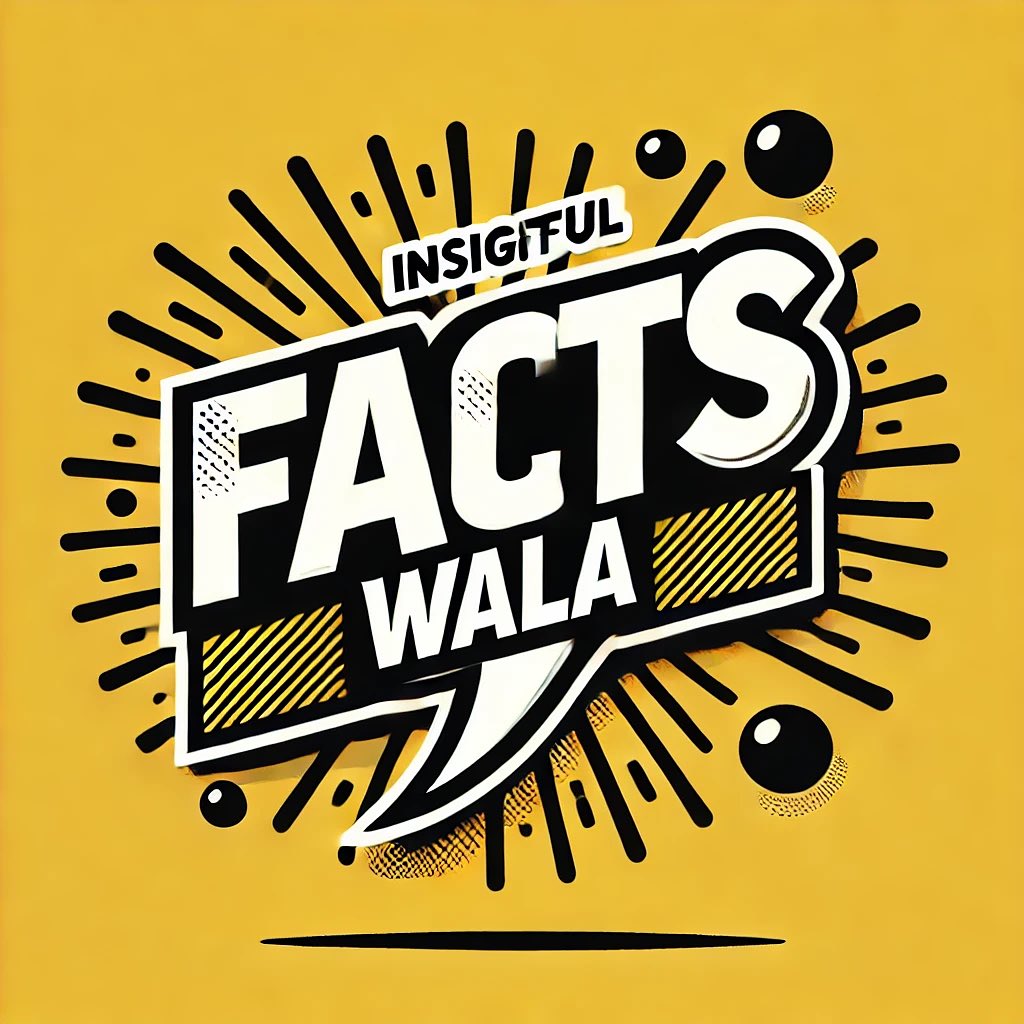
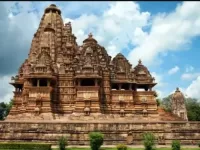





















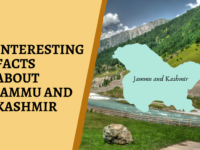
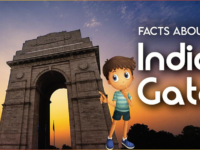



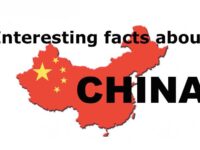
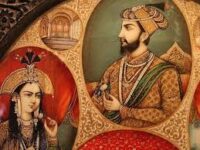
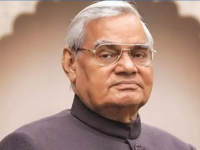









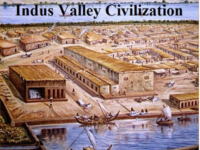






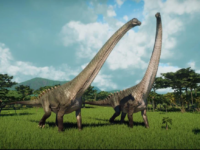

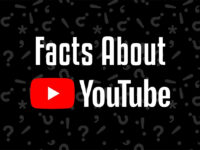
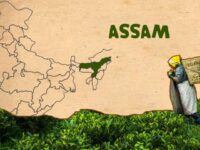

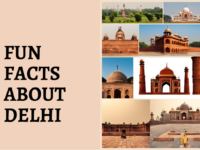



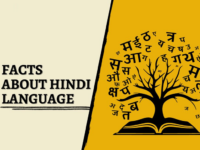








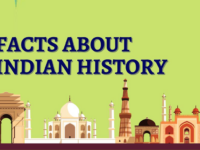

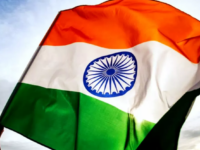

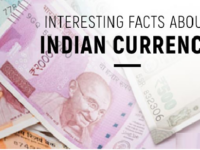
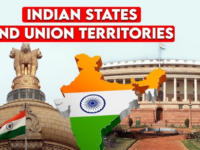

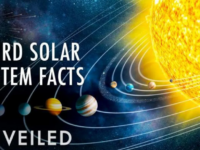


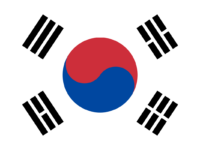




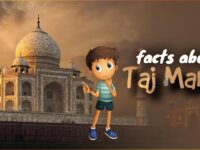





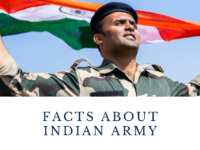
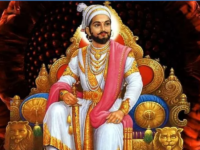
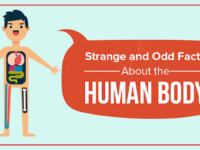



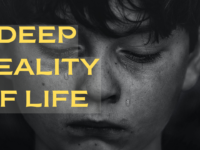

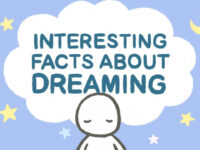



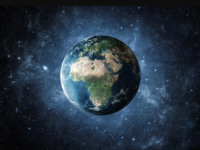



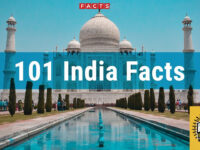
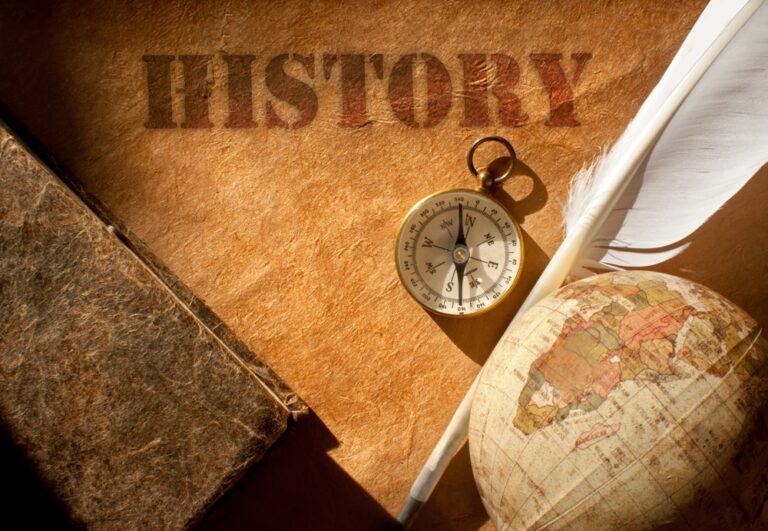
0 Comments